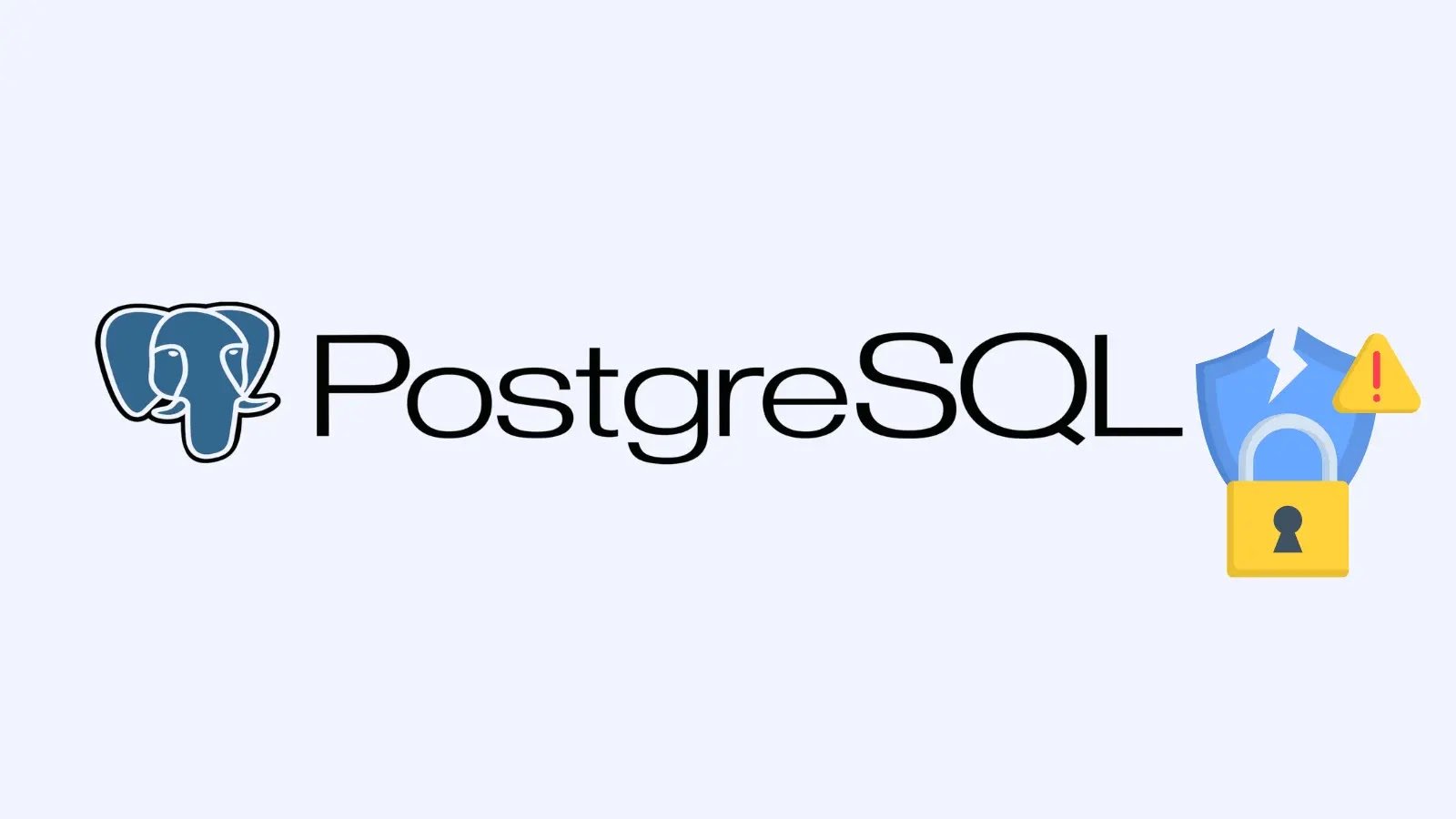PgAdmin Vulnerability Allows Attackers to Gain Unauthorized Access to User Accounts
A significant security flaw has been identified in PgAdmin, the popular open-source administration and development platform for PostgreSQL databases. This vulnerability, tracked as CVE-2025-9636, impacts all PgAdmin versions up to and including 9.7, potentially enabling remote attackers to gain unauthorised access to user accounts and the sensitive data they manage. The issue stems from an improperly configured Cross-Origin Opener Policy (COOP), which is intended to isolate a web application’s window from others, preventing malicious pages from interacting with it. In the affected versions of PgAdmin, this policy was not enforced correctly, allowing attackers to manipulate the OAuth authentication flow, commonly used in secure authorisation processes like “Log in with Google” or “Log in with GitHub.”
An attacker could exploit this vulnerability by deceiving a user into clicking a specially crafted link. This link would open the PgAdmin login page in a new browser window while the attacker’s malicious page remains active in the original window. Due to the COOP misconfiguration, the attacker’s page can maintain a reference to the PgAdmin window and interfere with the authentication process. If the user logs in using an OAuth provider, the attacker can intercept the authentication token, effectively hijacking the session. The successful exploitation of this flaw poses severe risks for organisations, including unauthorised account access, data breaches, account takeover, and privilege escalation. The PgAdmin development team has promptly released a patch to correct the COOP header configuration, closing the security gap. All users of PgAdmin versions 9.7 and earlier are strongly urged to update to the latest version immediately to safeguard their systems from potential attacks.
Categories: Cybersecurity, Software Vulnerability, Database Management
Tags: Security Flaw, pgAdmin, PostgreSQL, CVE-2025-9636, Cross-Origin Opener Policy, OAuth, Unauthorized Access, Data Breaches, Account Takeover, Mitigations
